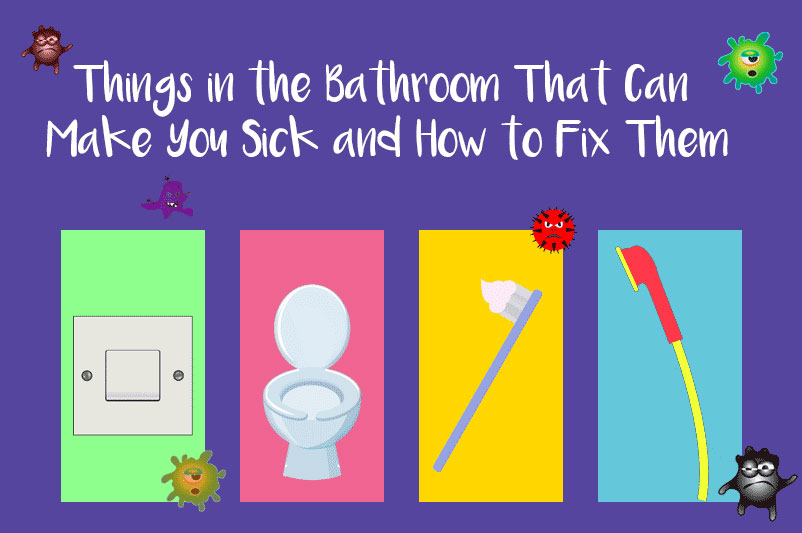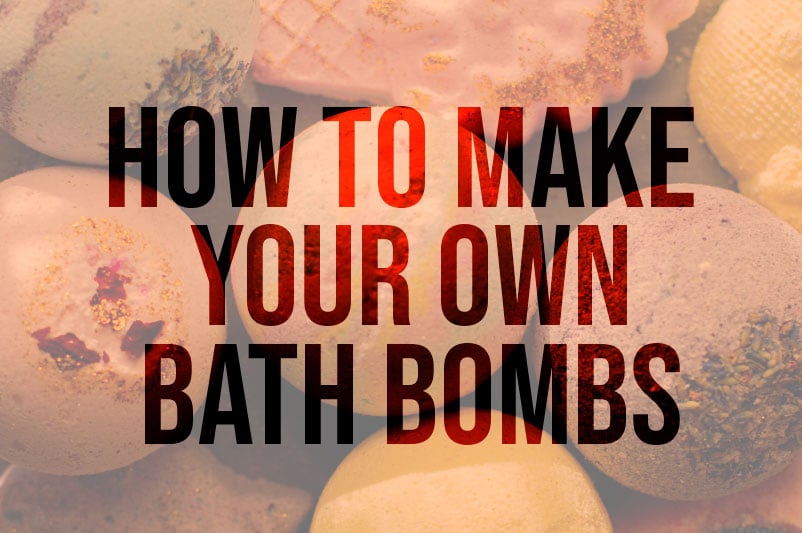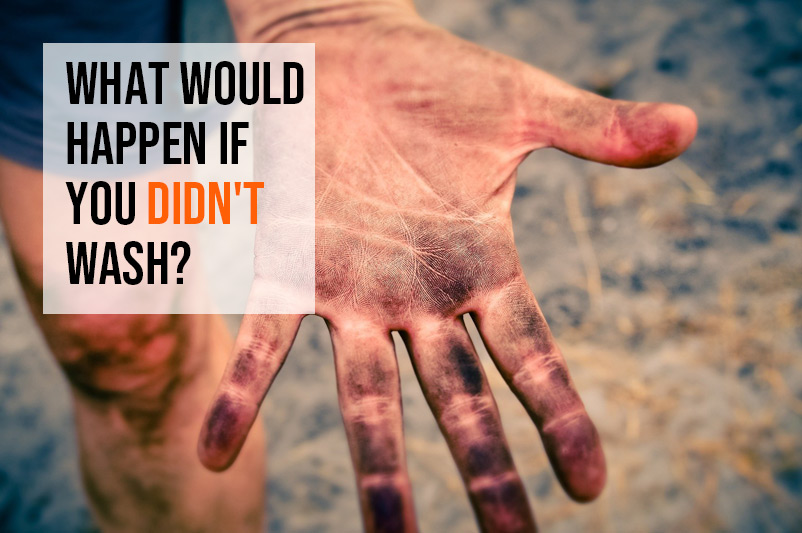Things in the Bathroom That Can Make You Sick and How to Fix Them

The bathroom is the most regularly used room in a home, and this regular use brings its fair share of problems with it, especially when it's being used by multiple people. While every room in your home should be cleaned regularly, particular attention should be shown to the bathroom as it's more likely to harbour the kind of germs that can lead to illness. Germs are part of a healthy immune system, but you still want to prevent catching germs that can lead to an illness that can put you out of action for days at a time.
The first step to guaranteeing your bathroom remains relatively germ-free is to clean it regularly, which means doing a swift clean regularly and doing a 'deep clean' every month. Be sure to clean all bathroom surfaces, including the bathroom floor, with disinfectants regularly. If you or someone in your family has had an illness, particularly flu or diarrhoea, it's a good idea to clean it even more often.
It is always the best idea to practice good hygiene to prevent germs from spreading in the first place, such as remembering to wash your hands after you've used the toilet. But what contributes towards getting sick due to problems in the bathroom and what can you do to tackle these issues? Read on to find out more.
Nasty Germs From the Toilet
Let's get the most terrible area out of the way first - the toilet! One way to effortlessly solve the issue of germs spreading is by closing the toilet lid before flushing, as doing so can prevent 3.2 million microbes per square inch of the toilet being ejected into the air.
Cleaning the toilet frequently is also key, especially as an unclean toilet can look unsightly and also begin to smell. It's worth disinfecting the toilet at least once a week, as leaving it to fester is a quick way to help bacteria like E.coli spread. Give it a good scrub with disinfectant and leave bleach to sit in the bowl for at least 10 minutes before rinsing.
Should you store your toothbrush away to prevent getting sick?
Ask a group of people and the consensus may be that you should store your toothbrush away after use to avoid germs collecting on the brushes surface. But this may end up doing more harm than good, particularly if you're using a travel case to cover up your toothbrush. This will create an environment where bacteria can thrive as it keeps the bristles moist. The correct way to store a toothbrush is to air-dry it in an upright position while also making sure that toothbrushes don't touch each other.
But what about the issue with flushing the toilet near to where you store your toothbrush? The simple way to avoid faecal matter landing on your toothbrush is to ensure that you close the toilet lid before you flush it, otherwise, nasty particles can travel up to six feet from the bowl.
By the way, if you or anyone in your family has been sick then make sure you discard your toothbrush once you or your family member is better.
Festering Mould and Mildew
Mould and mildew will eventually rear their ugly heads in the bathroom, simply because of you unintentionally generating a moist and warm environment that they adore. While mildew isn't an extremely toxic mould, it still looks unsightly and can become a massive problem if left to fester.
Thankfully, it's pretty easy to reduce and slow the growth of mould. Simply leave your bathroom extractor fan or vent on for at least 20 minutes after having a shower to allow the room to vent and dry out. You should also ensure that towels and a shower curtain dry as quickly as possible after every use (this is where a towel rail is a suitable choice).
If you have a shower curtain, don't forget to take that down and wash it regularly too, as these can quickly build-up mould and mildew.
Faulty Bathroom Fans
While we're on the topic of ventilation, you should also periodically check that your bathroom extractor fan is running smoothly. It's an essential part of removing excess moisture in your bathroom, and if it's not working right it can lead to the rise of mould or can recirculate dangerous particles that can affect people with asthma or allergies.
As well as checking it's working correctly, ensuring it kept clean from dust and mould will keep it unblock and allow your fan to keep operating efficiently.
Manky Switches, Door Knobs & Tap Handles
While we'd like to believe that everyone washes their hands after using the toilet, some people can indeed be just too lazy to bother. This means that your hand can be covered in nasty germs simply by switching on the light switch when you enter the bathroom.
In family homes, it's worth reiterating to family members how important it is to wash their hands after going to the toilet, particularly to your children. But, again, the message is not 100% guaranteed to go through. Instead, ensure you regularly wipe down surfaces that are touched often with anti-bacterial wipes to prevent the spread of nasty bacteria. This is even more important if someone in the household is currently ill with a cold or another virus.
Clogged Showerheads
It's easy to forget that the showerhead needs a regular clean, just like any other part of the bathroom. Neglecting to clean it can lead to a build-up of limescale and soap scum over time, which while looking unsightly can also lead to nastier things.
Upon testing showerheads, researchers at the University of Colorado found that microbes such as Legionella pneumophila and Mycobacterium avium can sit in the showerhead and become airborne once the shower is in use. These can cause problems for people with diseases like lung disease or those with weaker immune systems.
Thankfully, the showerhead can easily be cleaned with a simple solution of distilled vinegar. Just make sure you don't forget to do this as part of your regular bathroom cleaning routine.
Unclean Towels
We wouldn't say that bath or hand towels have to be washed after every use, as being that overkill would lead to your washing machine working overtime. But do ensure that your towels are allowed to completely dry between uses (again, it's a good idea to install a heated towel rail in your bathroom).
If towels are being shared (this includes bath mats too) and aren't being cleaned regularly enough, problems begin to rise. Athlete's foot is one ailment that can be caused by an unclean towel, so ensure they're cleaned regularly and ensure hand towels are disinfected if someone in the house is ill.
Used Loofahs and Sponges
While loofahs and sponges are the best way to remove dirt and dead skin from your body, they're also great at retaining and making comfy the very bacteria that you've been trying to get rid of. This means that you can be simply re-applying this to your body the next time you use it unless of course, you take steps to tackle this issue.
After use, simply wash these tools with hot soapy water, before rinsing and hanging them to air dry in an area with good air circulation. For a more thorough clean, put them in the washing machine every so often.
You'll find that loofahs and sponges break down and become useless over time, but replace them every month or so - particularly if they're being used regularly by all the family.
Poor Water Quality
Given how often we use water, both for washing and drinking, poor water quality is a sure-fire way to make yourself and your family ill. Hard water can contain high levels of minerals such as calcium and lime, which can easily lead to a build-up of limescale on bathroom fixtures.
If you live in an older home, some can have pipes that have been connected using lead solder or even solid lead pipes. Lead can break down over the years and leak into the water, which can cause problems particularly with young children as it affects their developing brains and nervous systems. Get a water testing kit to find out what your water is made up of. If it's something particularly dangerous, such as lead or high levels of bacteria, get the issue fixed as fast as possible.
Harsh Bathroom Cleaning Products
While bathroom cleaning products help keep your bathroom free of germs, you do have to be very cautious when using them. Mixing harsh chemicals in a small bathroom space can lead to breathing problems, so always turn on bathroom fans to increase air circulation during and after your bathroom cleanse. Similarly, don't spray too much air freshener in a small enclosed environment like the bathroom.
Consider using natural alternatives if they're available, as these can be both better for the environment and your health.
There you have it! Now you have a few tips to go away and ensure that your bathroom doesn't cause sickness across your entire family. You just need to ensure you stick to these tips as part of an overall healthier lifestyle.





